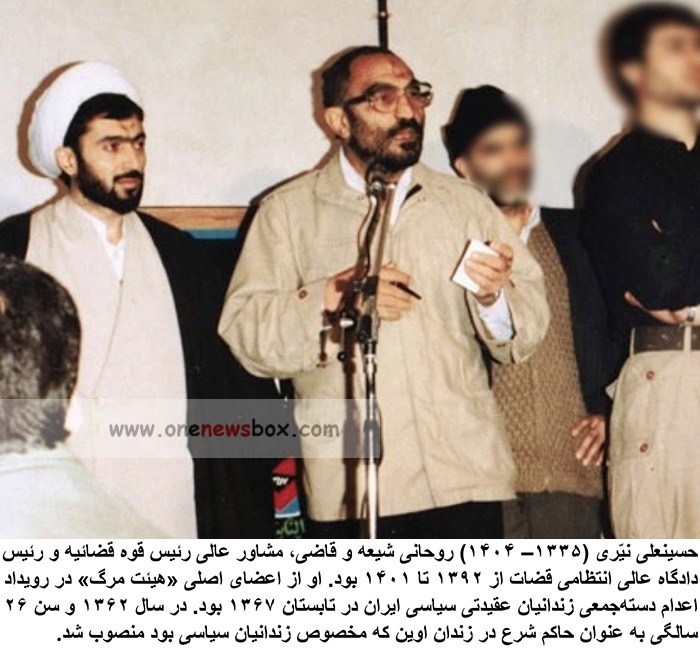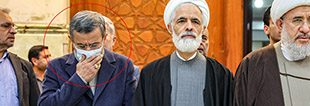Hossein Ali Nayyari: The Cleric, the Judge, and the Shadow of 1988
Early Life and Religious Formation
Hossein Ali Nayyari was born in 1935 (though some sources state 1956), in Iran, during a period of intense political transformation and growing tension between the secular monarchy and the rising religious forces. His early years were shaped by the deeply traditional Shiite culture of Iran and the growing movement toward Islamic activism that would eventually culminate in the Islamic Revolution of 1979.
As a young man, Nayyari was drawn to the religious seminaries of Qom, a hub of Shiite scholarship and a hotbed of revolutionary ideology. In Qom, he studied under prominent clerics, including Mohammadi Gilani, a senior cleric who later played a key political and judicial role in post-revolutionary Iran. Gilani, a close associate of Ruhollah Khomeini, significantly influenced Nayyari’s ideological development and judicial philosophy.
The mentorship of Gilani instilled in Nayyari a rigid interpretation of Islamic law, one that emphasized the central role of Sharia in governance and justice. His legal views became inseparable from his religious identity, forming the foundation of his long and controversial career in Iran’s judiciary.

